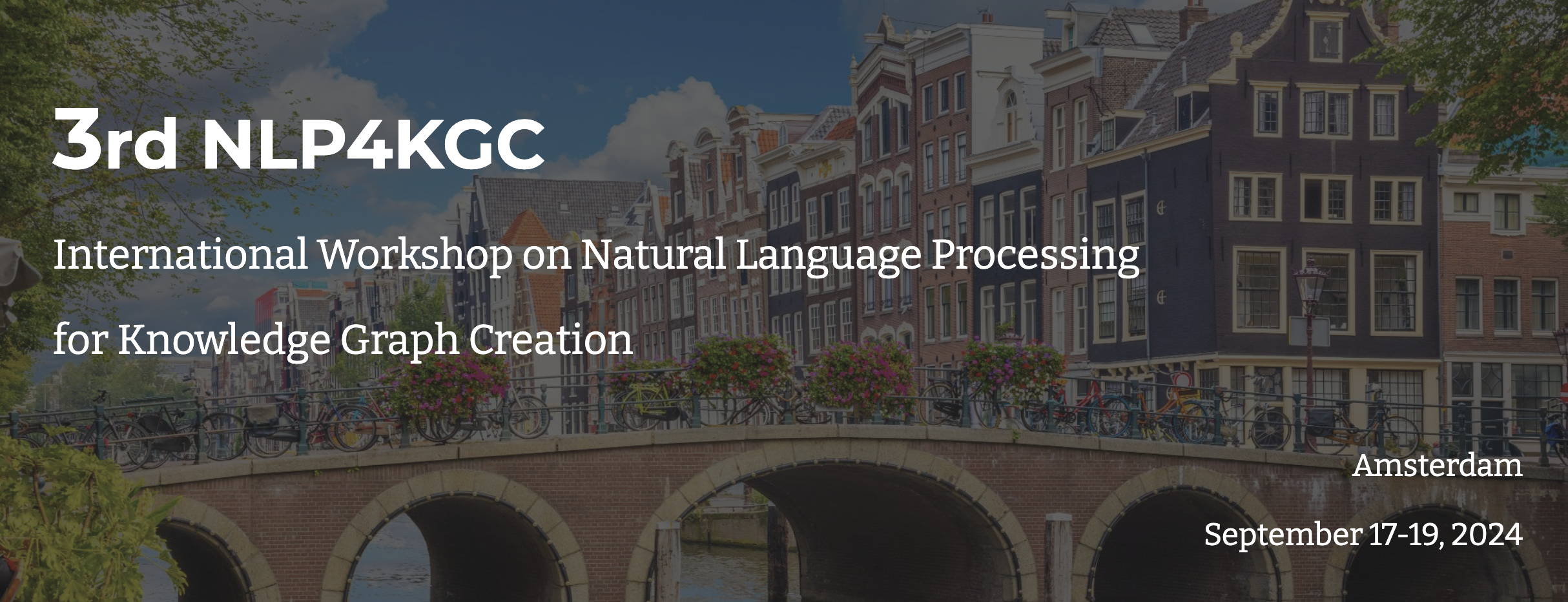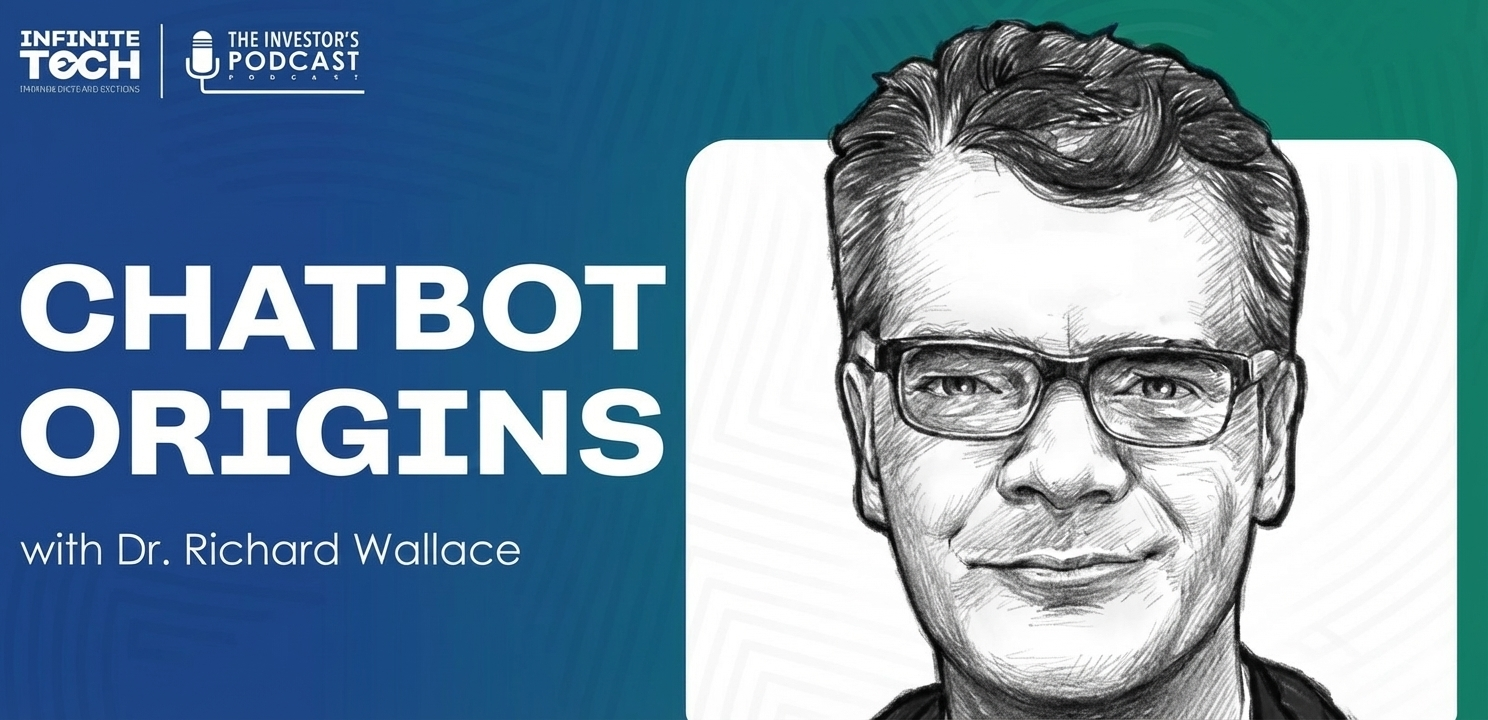
- 10 September, 2024
NLP4KGC: 3rd International Workshop on Natural Language Processing for Knowledge Graph Creation
This is the third edition of the workshop “Natural Language Processing for Knowledge Graph Creation – NLP4KGC” (NLP4KGC-2024).
Franz’s Paper: Pruning Cycles in UMLS Metathesaurus: A Neuro Symbolic AI Approach
by Richard Wallace, Ravi Bajracharya, Jans Aasman and Craig Norvell.
The workshop focuses on methods and approaches of knowledge and data extraction from text, as well as theoretical and practical aspects of using semantics and Natural Language Processing for Knowledge Graph creation, and the use of such knowledge graphs for Graph Neural Network (GNN) tasks.
Knowledge Graphs (KG) are emerging and becoming increasingly popular. Building a domain knowledge graph from a large amount of text requires a tremendous amount of work, including entity recognition, entity disambiguation and relationship extraction. Because of this, there has been more work done on automated ways to generate knowledge graphs from text. Recent efforts in NLP development have shown that semantic deep neural networks can learn the complex syntactic and semantics of the natural language and thus, give more potential for automation even in the most complex domains i.e., legal documents. New approaches to Knowledge Graph development use a combination of extraction methods and state-of-the-art Natural Language Processing (NLP) techniques. Recently, considerable literature in this space has centered around the use of Graph Neural Networks (GNNs) to learn powerful embeddings which leverage topological structures in the KGs. Despite the successes this existing research has achieved, deep learning on graphs for NLP still faces many challenges. Presentation of challenges faced in specific domains such as Science, Sustainability are also are welcomed. For instance in the sciences, the production of resources (e.g., publications) is growing at a rate that outstrips an individual’s capacity to discovery and utilize them. As a result, alongside manual methods to structure and make discoverable that knowledge, automation is vital. We welcome applications that analyze and synthesize large volumes of scientific information (especially scientific literature, notes documents, and dataset metadata) and can use that information to create ontologies and semantic representations that better organize them. We also welcome contributions that address automation components of maintenance of ontologies and knowledge graphs.
This workshop invites contributions on methods and approaches of knowledge and data extraction from text, as well as theoretical and practical aspects of using semantic deep NLP for KG creation and the use of such KG for Graph Neural Network (GNN) tasks.






